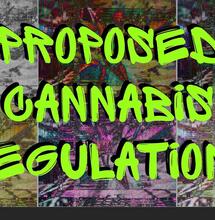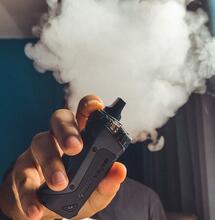New York Rights the Wrongs of Prohibition

New York regulators announced on Thursday that they would begin accepting applications for the state's first adult-use retailer licenses from people impacted by the drug war as of August 25.
To be authorised for a conditional adult-use marijuana retail license, applicants must have faced a conviction for a cannabis-related offence before legalisation in the state or have a direct relative with such a conviction. They must also have experience in managing a qualifying business.
The definition of a qualifying individual was expanded to include people arrested for marijuana but convicted for a lesser offence. The application period for a license will be open for a month only, closing on September 26.
"In two weeks we will start accepting applications for adult-use retail cannabis dispensaries. This is a huge step in establishing the most accessible, equitable and diverse cannabis industry in the USA".- Chris Alexander, Office of Cannabis Management Executive Director.
Currently, adults 21 and older can possess and publicly consume cannabis. In June, a series of proposed rules for cannabis packaging, labelling, advertising and testing requirements were also approved.Medical marijuana patients have also been permitted to grow plants for personal use.
The rule would generally allow registered patients to grow up to six plants. They will also be entitled to have up to five pounds of cannabis-derived from those plants for personal use. This is consistent with the state's adult-use legalisation regulations.
The governor's executive budget for New York also estimated that the state would generate more than $1.25 billion in cannabis tax over the coming six years.
While cannabis business licenses have not yet been approved since legalisation was signed last year, the new legal market stands to make billions of dollars and create many jobs. It's essential to "create opportunities for all New Yorkers, particularly those from historically marginalised communities."
Public education has also been promoted surrounding the cannabis policy change. This includes a trail-blazing first-cannabis ad aired across New York during an NBA game last month. The advert boldly addressed the racially discriminatory harms of cannabis criminalisation and pointed out the steps New York state regulators take to try and right the wrongs of prohibition.












